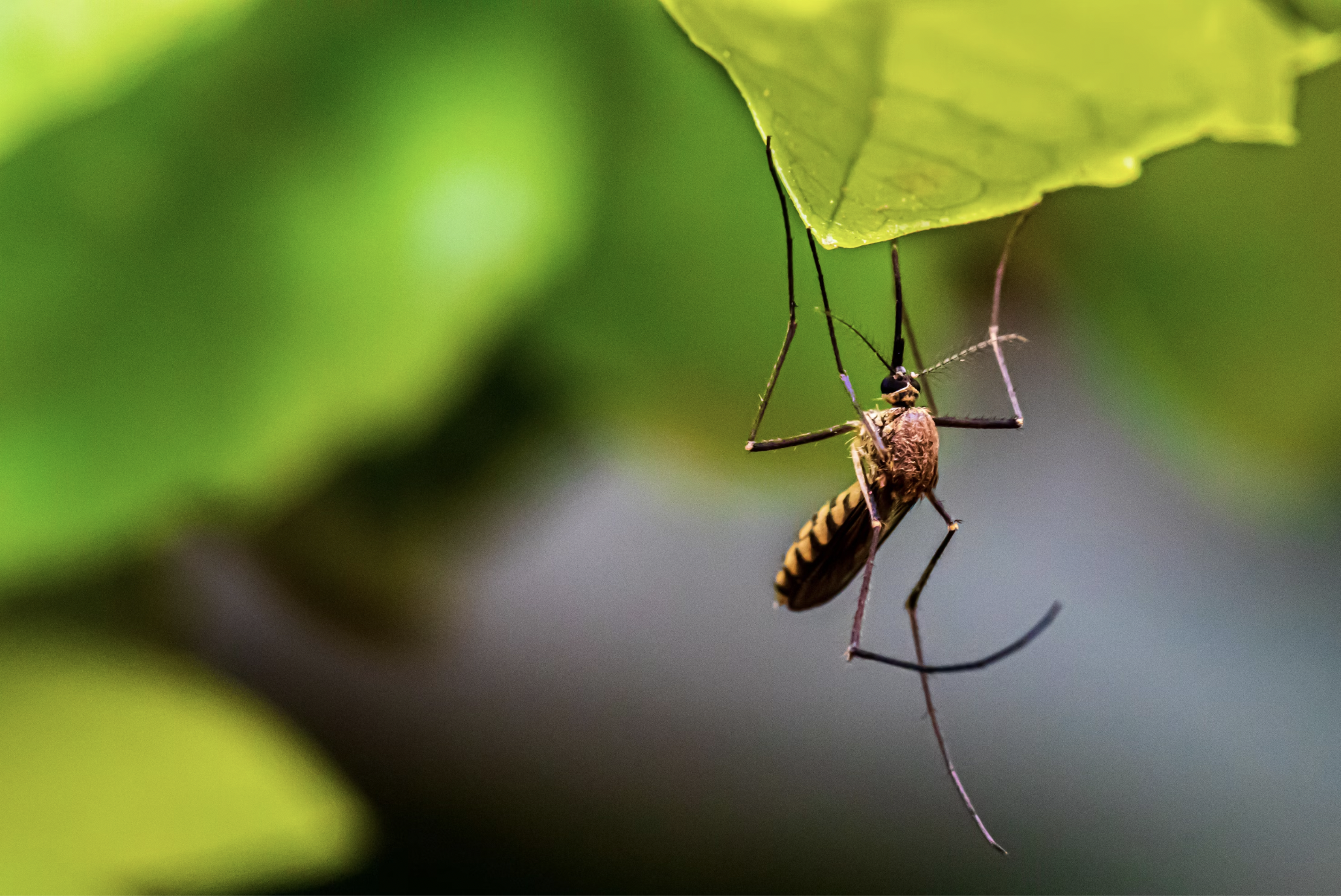With mosquito season in full swing through the end of August, Stanford infectious disease experts have expressed concern over the increase of mosquito-borne diseases like the West Nile Virus (WNV). There are currently over 200 confirmed cases of WNV in the U.S.
Catherine Blish, an infectious diseases professor, said she is concerned for public health and well-being, especially for students and the elderly.
“My biggest concern is that WNV can cause a range of symptoms in those who are infected,” Blish said. “While many may be asymptomatic, WNV can cause serious neurologic disease and even death, particularly in the elderly or those with underlying chronic medical conditions.”
There were 75 confirmed WNV cases in California at the time of publication — an increase from 34 this time last year.
There have been no confirmed human cases in the Bay Area. However, Santa Clara County has confirmed the presence of WNV-positive mosquitoes in Palo Alto and Stanford. The infected area was treated to reduce adult mosquito populations on July 27.
Desiree LaBeaud, a professor of pediatric infectious diseases, said it is important for people to protect themselves from mosquito bites “especially if you’re in those high-risk groups, because you don’t want this virus infecting your brain and your nervous system and causing severe disease.”
What is the West Nile Virus?
Originating in Uganda in 1937, the virus made its way to New York in 1999, causing a massive nationwide outbreak with over 55,000 people infected. Since then, nearly 3,000 people have died from the virus, according to Medline Plus. Today, WNV is the most common mosquito-borne virus across the United States.
Infected mosquitoes are able to transfer WNV to humans by biting them, according to the CDC. The virus is transmitted to mosquitoes by birds, who carry WNV through contaminated mosquito bites, and predatory birds such as hawks can also receive the virus after eating sick or infected birds.
Around 80% of infected humans don’t show any symptoms of WNV, making the virus relatively moderate. Only 20% exhibit fever-like conditions called West Nile Fever. One in five people infected with WNV has a fever with noticeable symptoms like headaches, vomiting or disorientation, according to the CDC.
Though most infected people fully recover, fatigue can last for weeks to months. Less than 1% of people develop severe West Nile neuroinvasive disease, which causes permanent brain damage or death, LaBeaud said.
“Even those who have West Nile fever, even after weeks and months after their initial infection, can have long-standing problems concentrating, which can impact work in school,” LaBeaud said.
WNV can cause severe illness to the central nervous system in one out of 150 infected people, according to the CDC. This can lead to encephalitis or meningitis, which is inflammation of the brain or the spinal cord surrounding it. The symptoms can last for weeks, months or might not even go away, with around one in 10 people dying from the inflammation. It is more likely that people over the age of 60 or those with weak immune systems will suffer severe illness if they become infected, LaBeaud said.
“If you’re having any of those symptoms you should go in, because when you have severe symptoms, you definitely need hospitalization, supportive care and more frequent monitoring,” LaBeaud said.
The rise of the West Nile Virus
As climate temperatures rise, heavy rain and increasing temperatures may also bring an increased number of mosquitoes, because warmer temperatures and standing water enable easier breeding, LaBeaud said.
“Climate change is allowing the vectors that can carry WNV to become prevalent in areas where they’ve either been previously eradicated or are establishing new niches,” said Stefan Oliver, a senior scientist at Stanford who researches infectious diseases.
Currently, no vaccine or antibiotic is available to treat mosquito-borne diseases like WNV, according to the CDC. To avoid getting bitten by an infected mosquito, LaBeaud suggests wearing insecticides and dumping out standing water in places such as dog dishes and flower pots.
However, some insecticides that communities employ widely to try and kill the bugs have become ineffective as mosquitoes become more resistant to them, NBC News reported.
The CDC recommends using insecticides with at least one active ingredient, such as DEET, Oil of Lemon Eucalyptus or Picaridin. LeBeaud encourages people to wear loose-fitting long-sleeved shirts and pants throughout August, the peak month for WNV.
Blish said while she’s concerned for the public’s safety during this time of year, she is thankful for the amount of care people are putting into prevention.
“I appreciate the public health efforts for mosquito control, and individuals should try to protect themselves from mosquito bites as best they can,” Blish said.
